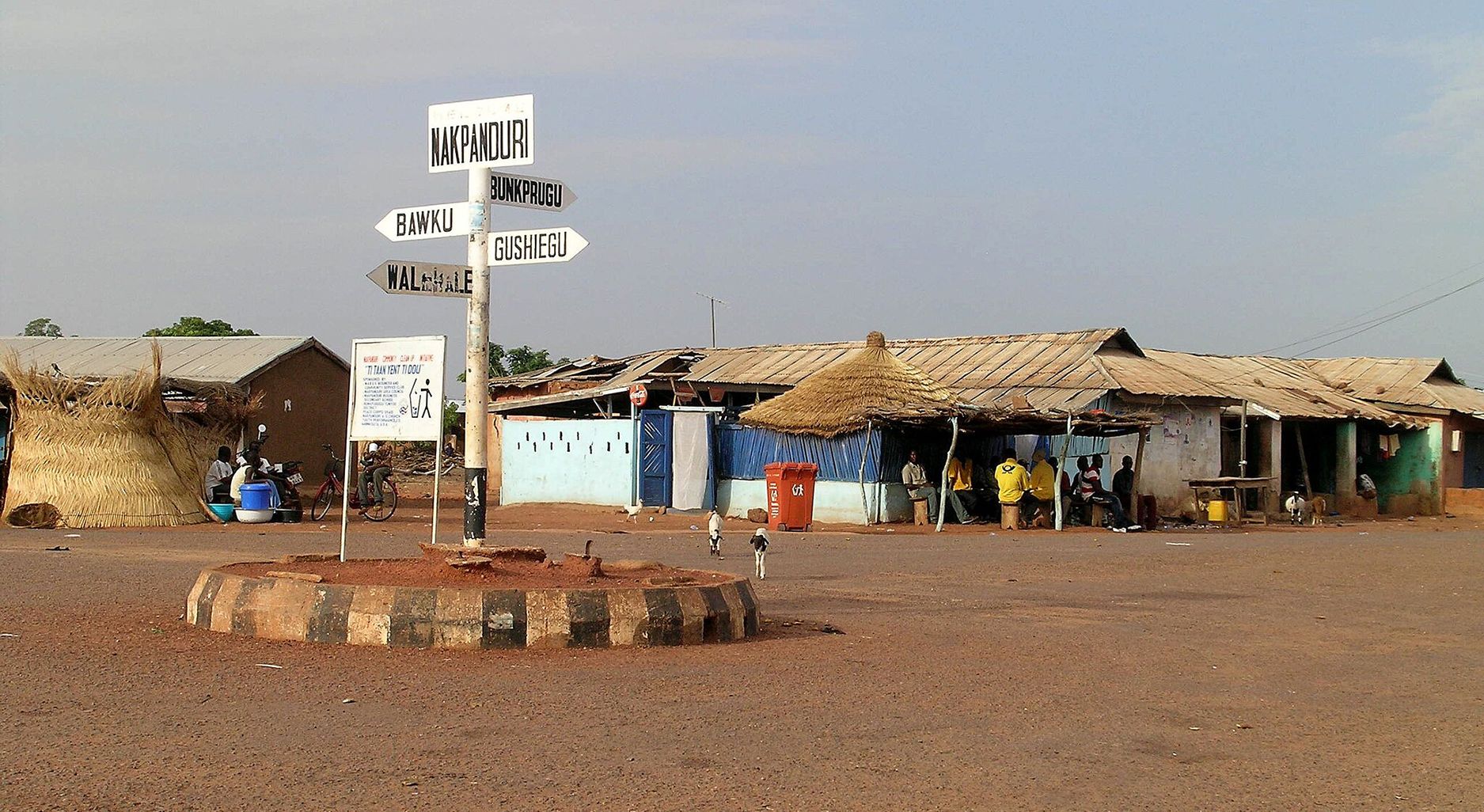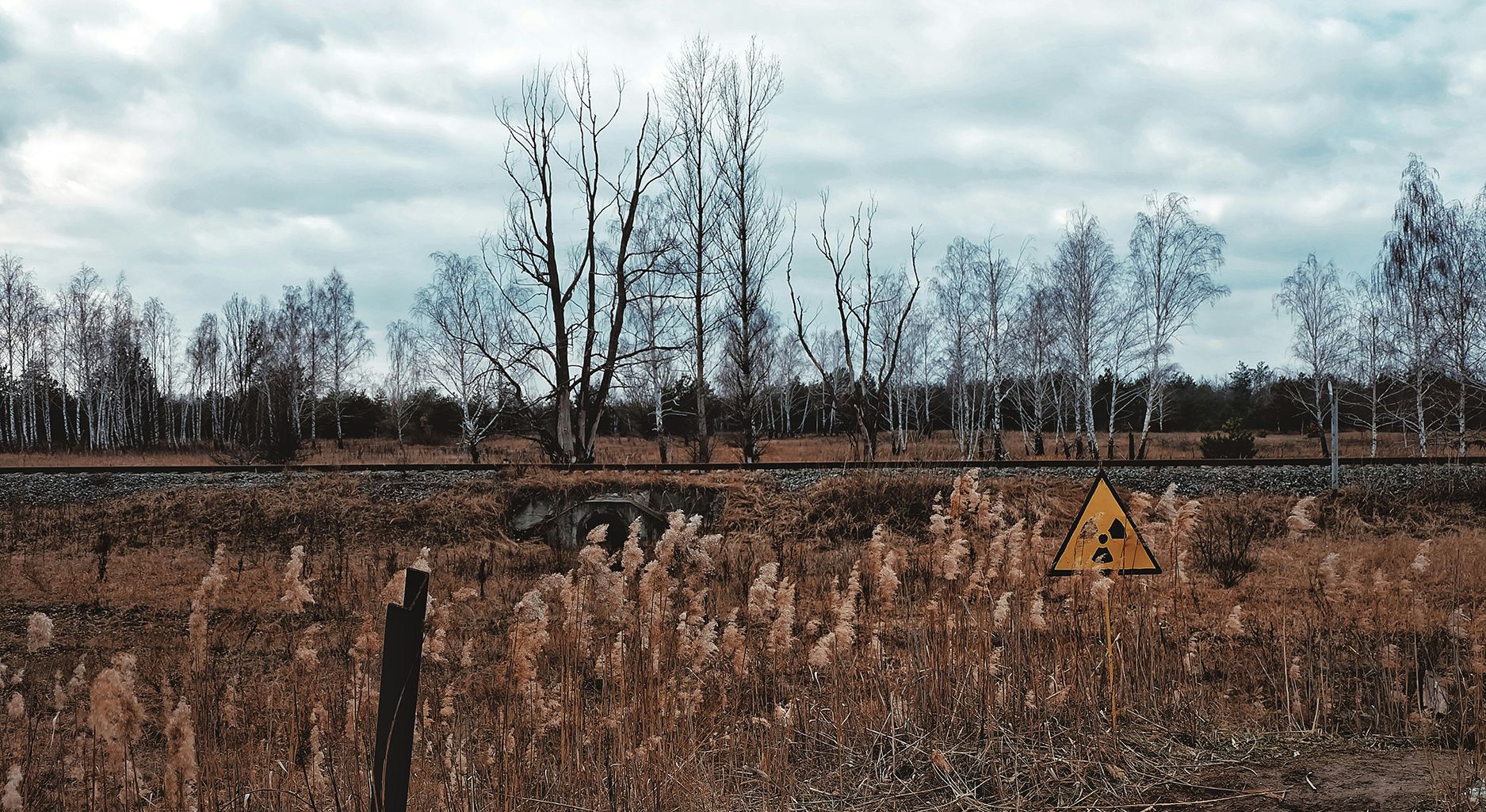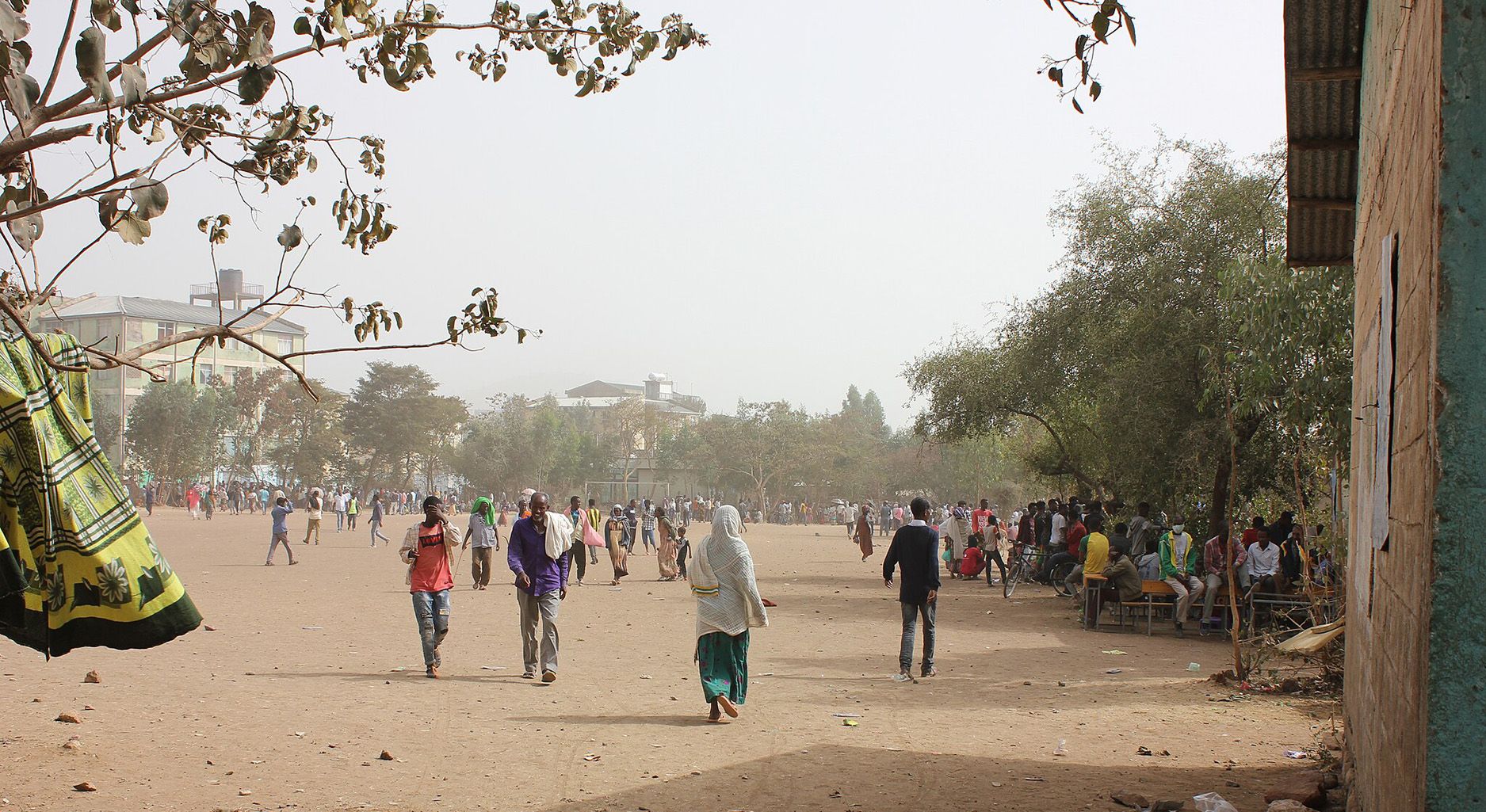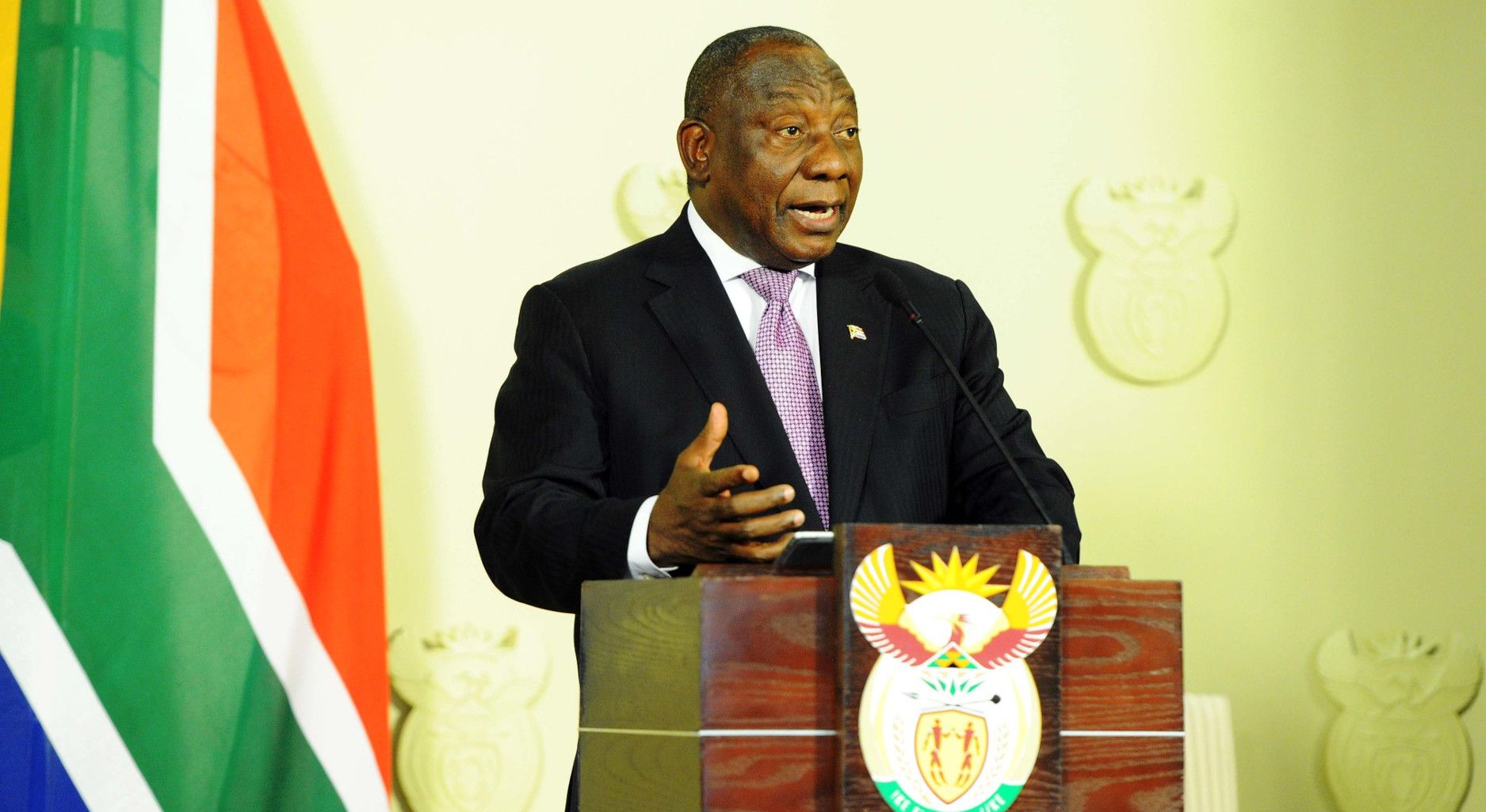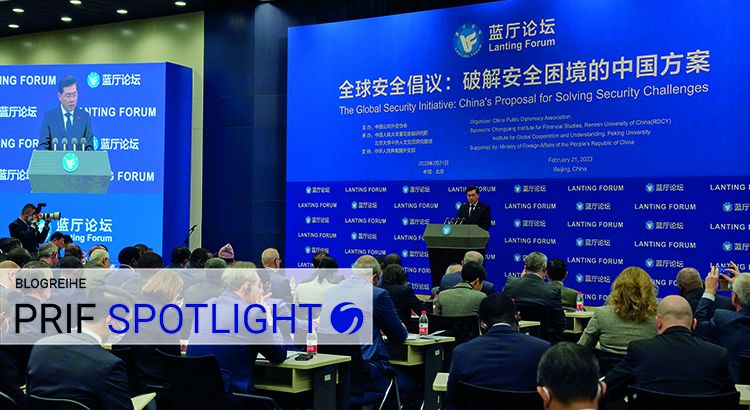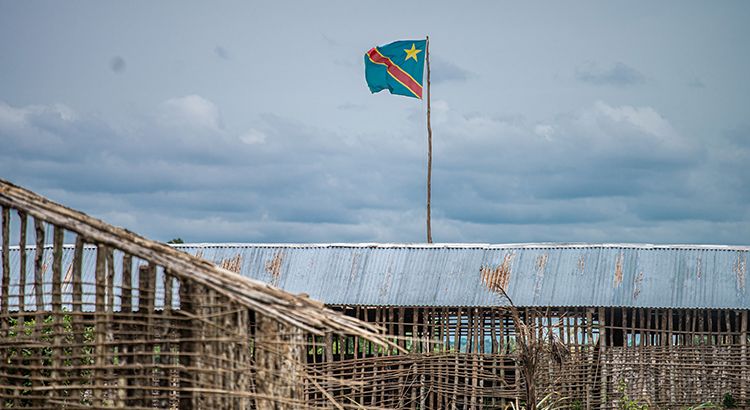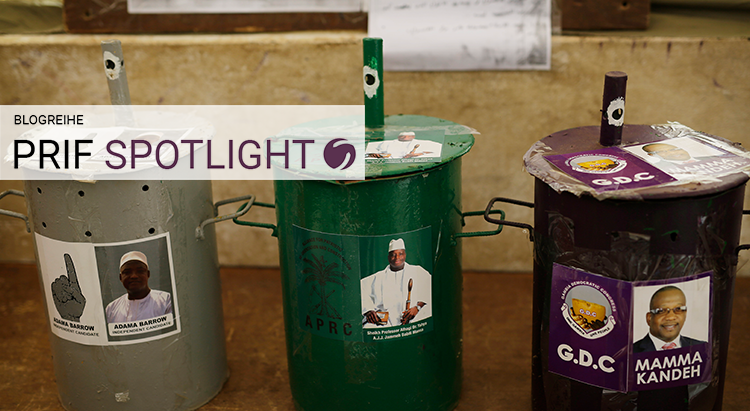Schlagwort: Friedensförderung
In the Sahel region, terrorist groups have exploited existing local conflicts to expand their activities and reach. In recent years, countries especially in coastal West Africa, have experienced terrorist activities in their territories. While Ghana has been resilient against terrorist attacks on its soil, the country continues to grapple with enduring ethnic conflicts, among them the Mamprusi and Kusai conflict in Bawku. In this blog post I argue that the Bawku conflict has persisted over an extensive period, and if left unresolved, could potentially open the door for extremist exploitation and infiltration, signaling a troubling extension of Sahel terrorist activities.
A Green Recovery for Ukraine: How to Avoid the Trap of Green Colonialism?
The environment is not a silent victim in Russia’s war against Ukraine; the long-term threats for the people of Ukraine are already visible. The environmental dimension of the war has been documented from early on. In this respect, the war is a model for future military conflicts. President Zelenskyy emphasized in his peace plan that green reconstruction is an essential element for a just and sustainable future. Green reconstruction, as every reconstruction, needs international support and local engagement. In this blog post, we identify the conditions that must be met to ensure that local groups are empowered and new international dependencies are avoided.
Potentially Vital AU Meeting on Tigray Leaves Communities of Interest in the Dark
Politics, violence, and secrecy have held back progress in post-war Tigray. This highlights not just the need to directly address security issues. It also emphasises the importance of improving transparency and giving marginalised stakeholders adequate information about current developments in the peace process.
An African Peace Initiative in the Russia-Ukraine War?
A team of seven African presidents led an initiative in mid-June 2023 to attempt to make peace in the ongoing Russia-Ukraine war. For most observers, this intervention raised interesting questions: How can states from a continent ravaged by wars and conflicts have the courage, credibility, and conviction to intervene in a European conflict? Moreover, how can countries without power and leverage intervene in a conflict in which other more powerful actors have failed? What did they expect to achieve from this intervention? This article suggests that the African team sought to invoke the dire economic consequences occasioned by the Russia-Ukraine conflict on Africa to exert moral leverage on the disputing parties to end the war. Combined with the desperate economic situation, the African leaders found strength in their neutrality to make a case for a peaceful approach to a conflict that has had global ramifications. The initiative did not seek to mediate the conflict; rather, it was a modest diplomatic plea for peace in the face of a deteriorating situation.
China’s new Global Security Initiative: a rising power spreads its wings
On 21st February 2023, the Chinese Foreign Ministry released its concept for a “Global Security Initiative”, a white paper outlining the country’s proposed solution to challenges across traditional and non-traditional security issues. While the content mostly amounts to a restatement of long-standing principles and pooling of existing activities under a new label, its packaging as a “global initiative” should be seen as a statement of intent, claiming a much greater role in international politics. The sketched Chinese security agenda differs significantly from that of Western powers in both its principles and practices, making this field a new arena of competition between both sides.
Regional Solutions to Regional Problems? Protests in the DRC Highlight the Challenges of Regional Military Peace Operations
Just three months since the first deployment of military contingents, the East African Force in the Democratic Republic of Congo has become heavily contested by Congolese activists and parts of the Congolese population. The protests, which took place in Kinshasa, Goma and Bukavu, powerfully demonstrate that regional military initiatives are no panacea for multi-level security challenges but may in fact run the risk of intensify existing challenges and conflict dynamics.
Feminist Research Perspectives in Peace and Conflict Studies and Consultancy Work
Feminist approaches in peace and conflict studies have been neglected for a long time – but they are currently on the rise. Interestingly, a similar trend may be observed in the practice of peacebuilding. While researchers and consultants base their approaches on similar reflections, their challenges with regard to the implementation of feminist approaches are not quite the same. In this discussion, Samantha Ruppel, feminist researcher at the PRIF, and Alena Sander, a feminist freelance consultant, discuss these differences, and emphasize common goals and opportunities of the feminist approach in peace research and practice.
The AU as Peacebuilder in The Gambia: Why pragmatic Peacebuilding is good, but not enough
The African Union’s (AU) peacebuilding efforts in The Gambia reflect the organization’s growing responsibility in this field. From 2018 to 2020, the AU deployed the African Union Technical Support Team to The Gambia (AUTSTG). Drawing on interviews and document and media analyses in 2020/2021, this PRIF Spotlight examines this novel mode of engagement and points out an emerging dilemma: The AUTSTG was successful as a technical and pragmatic intervention. However, this only came at the expense of supporting long-term political processes and thus undermined the AU‘s holistic peacebuilding policy.
